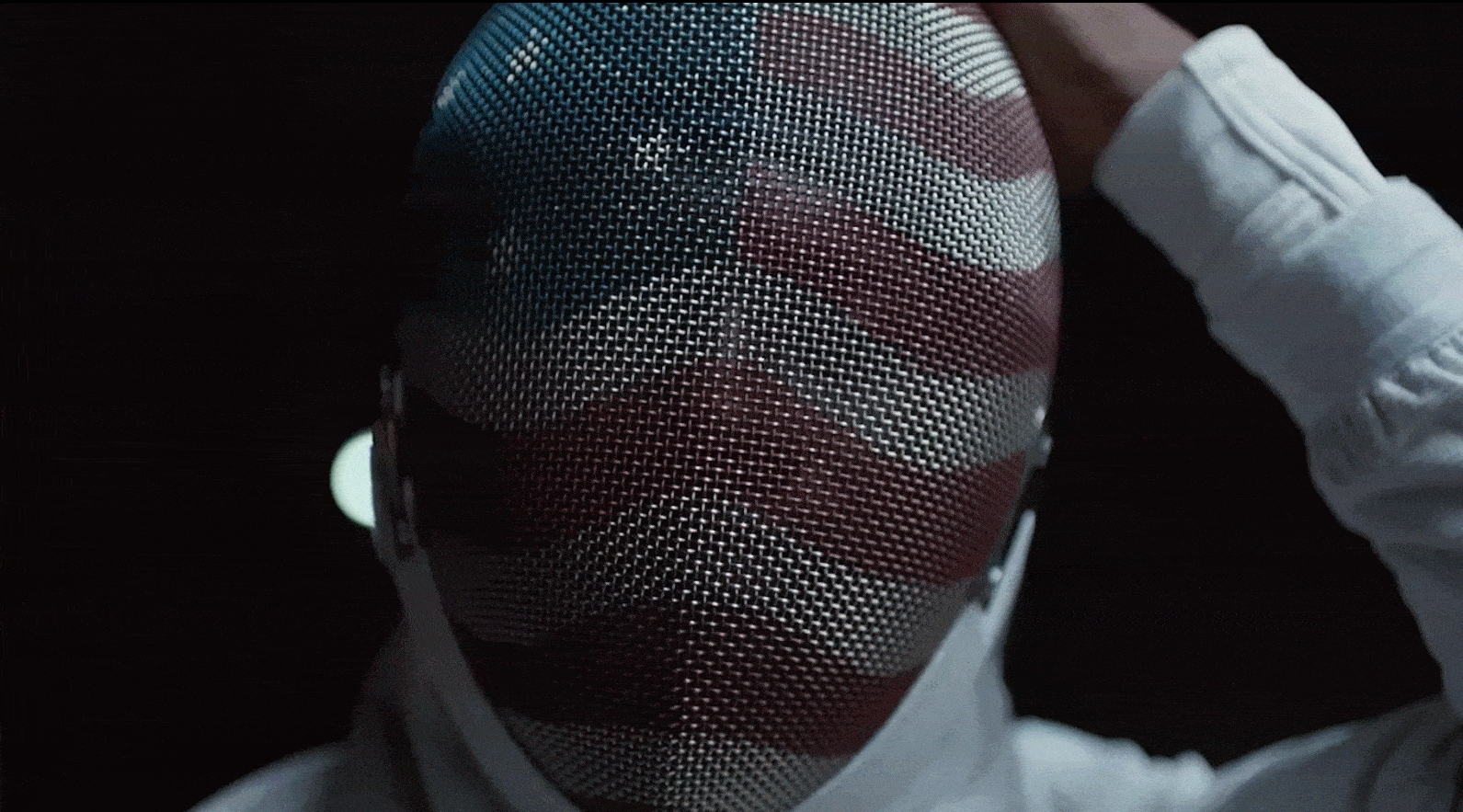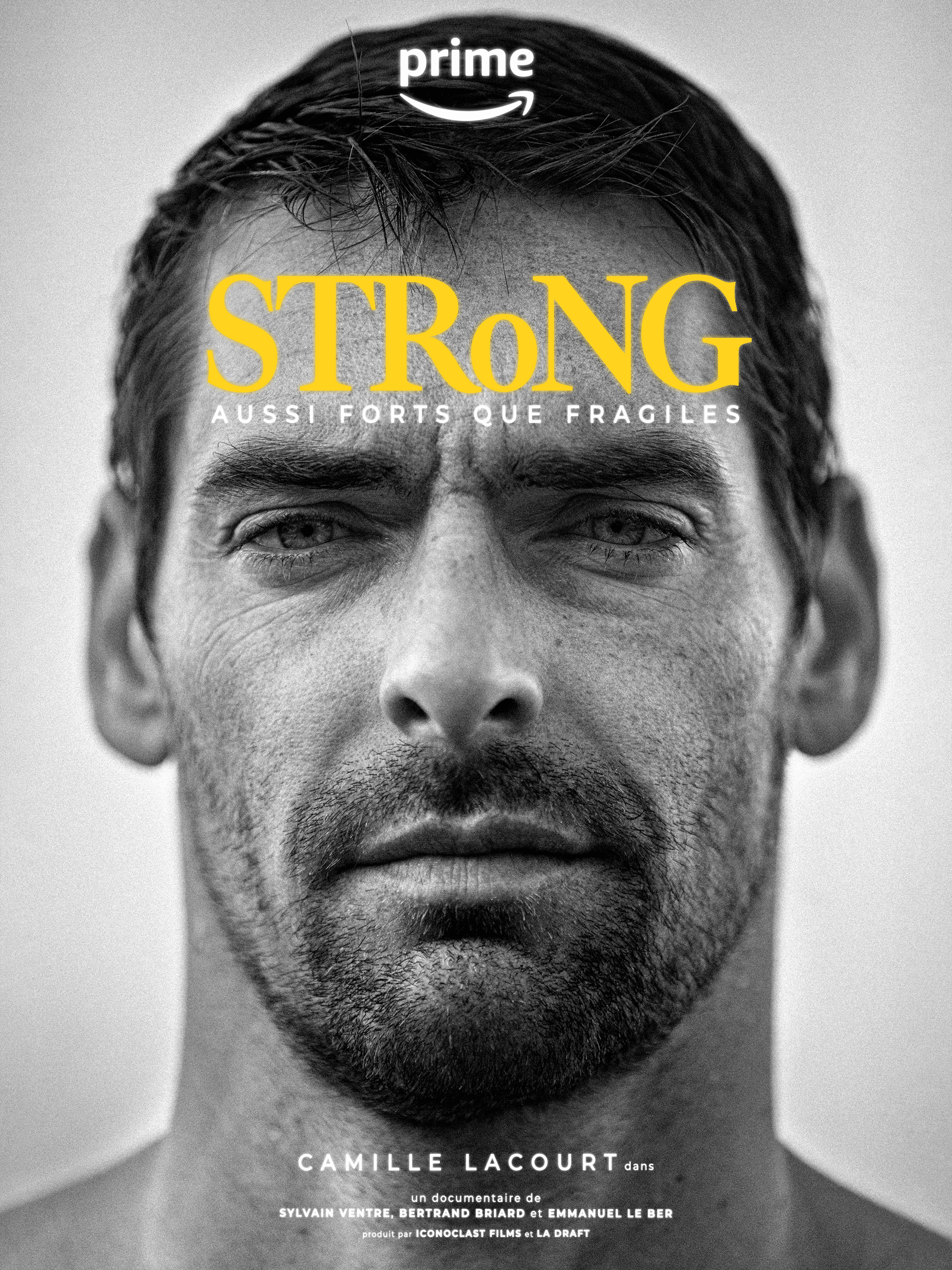
The history of women in cycling (read here about the troubled history of the women’s Tour de France) and soccer should make us cautious, but we want to believe that things will be different in the future.
The simple fact that these events exist again, and in a now more favourable context, is already an example, and we know how powerful a springboard this can be for the imagination.
The fact that today young girls can project themselves into the skin of a cyclist or a football player, whether professional or occasional, has not only a sporting significance but also a symbolic significance that goes beyond the framework of sport.
The fact that these two sports, which are largely the domain of men, are now played by women is a necessary step. Girls and women are free to decide their own destiny, but there will be no de facto ban, as Kelly Nascimento-DeLuca, Pele’s daughter, pointed out in relation to football. “Gender inequalities in sport reflect those in the rest of society,” she said. Football is a great way for women to rise in society, sport allows women to gain confidence.” “She directed in 2019, Warriors of a beautiful game on this very subject.
We can’t resist the temptation to quote Marc Madiot, formerly a competitor and today manager of the Groupama FDJ team, who never hid his rejection of women’s cycling. “Sport must have an aesthetic side. And you, you’re ugly,” he said to Jeannie Longo on a television programme in 1987. “I’ll watch women’s cycling the day they’re wearing jerseys, shorts and shoes that are a bit nicer,” he continued. His words speak volumes about the context of a not-so-distant era.









